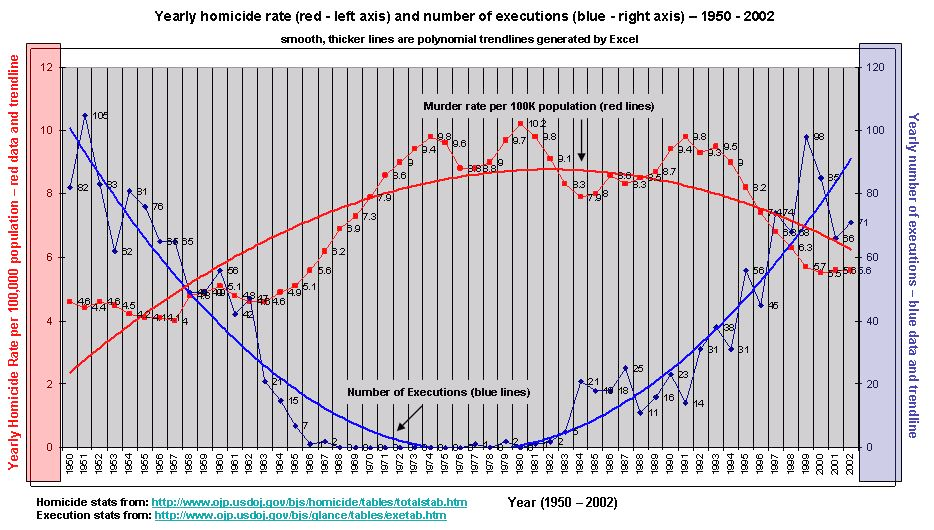Module 4: Are there Fallacies in the Reasoning?88 unread replies.88 replies. Name as many fallacies of reasoning that you can identify in the Death Penalty article? (i.e. Ad Hominem) Review the pptx
A Case for the Death Penalty
(1) Troy Davis, 42, died at 11:08 p.m. according to the Georgia Department of Corrections. (2) His death by lethal injection came 19 years after he was convicted by a jury of his peers for the brutal murder of off duty police officer Mark MacPhail.
(3) Moments before his execution, Davis reportedly told the family of Mr. MacPail, “I’m not the one who personally killed your son, your father, your brother. I am innocent.” (4) Mr. Davis’ newfound reverence for life, stems in no small part, from the fact that he was about to lose his own. (5) Life is precious and the death penalty just reaffirms that fact.
(6) I support the death penalty for cop killers and heinous crimes of murder. (7) The death penalty is a deterrent. (8) Without a doubt, Mr. Davis will never kill again. (9) We don’t have to like the death penalty in order to support it. (10) We must fight fire with fire. (11) If someone comes down with cancer, it may be necessary to take radical steps to cure the cancer: radical surgery, radiation, and chemotherapy. (12) The disease in this case is injustice. (13) Should this cop killer be given clemency? (14) We may not like the death penalty, but it must be available for such heinous crimes; otherwise, we are giving criminals, like Mr. Davis, a license to kill.
(15) The evidence is clear. (16) When executions went down, the number of murders went up. (17) Looking at the data from 1950-2002, the murder rate went from 4.6 per 100,000 population in 1951 to 10.2 per 100,000 population in 1980, as executions went to zero during the period the Supreme Court declared capital punishment unconstitutional. (18) Execution resumed in 1977. (19) As you can see, the murder rate once again declined (see chart below).

(20) Opponents of the death penalty often make the argument that we might kill an innocent person. (21) Mark MacPail was an innocent person who was executed by Mr. Davis. (22) He received no appeals to the Supreme Court; no appeals for clemency. (23) Mr. Davis killed in cold blood. (24) It is fallacy to argue that the death penalty should be abolished because an innocent person might die. (25) Innocent persons are dying all the time; however, only the murderers have the chance to appeal their sentence.
(26) In 2010, fifty-six police officers were killed in the line of duty in the US. (27)
No doubt by someone who had murdered before. (28) Even life in prison does not guarantee that they will not kill again. (29) All too often, these individuals kill again in prison.
(30) Life without parole does not always mean life without parole. (31) California is about to release teen murderers, including cop killers, who were sentenced to life without parole for their crimes.
(32) When we lower the penalty for murder, it diminishes regard for the value of the victim’s life. (33) Support for the death penalty comes from a surprising group of people—Kant, Locke, Hobbes, Rousseau, Montesquieu, and Mill agreed that natural law properly authorizes the State to take life in order to administer justice. (34) Washington, Jefferson, and Franklin endorsed it. Abraham Lincoln authorized executions for deserters in wartime. (35) Alexis de Tocqueville, the author of Democracy in America, believed that the death penalty was essential to the support of social order. (36) The United States Constitution condemns cruel and inhuman punishment, but does not condemn capital punishment.
(37) Rick Perry stated that,” Texas has a very thoughtful, lengthy, and clear process, which ensures everyone a fair hearing, so there is no need to lose sleep over the possibility of executing an innocent person”. (38) The appeals process is indeed lengthy. (39) Mr. Davis had 19 years of appeals and the Supreme Court reaffirmed his guilt. (40) Finally justice has been served.



